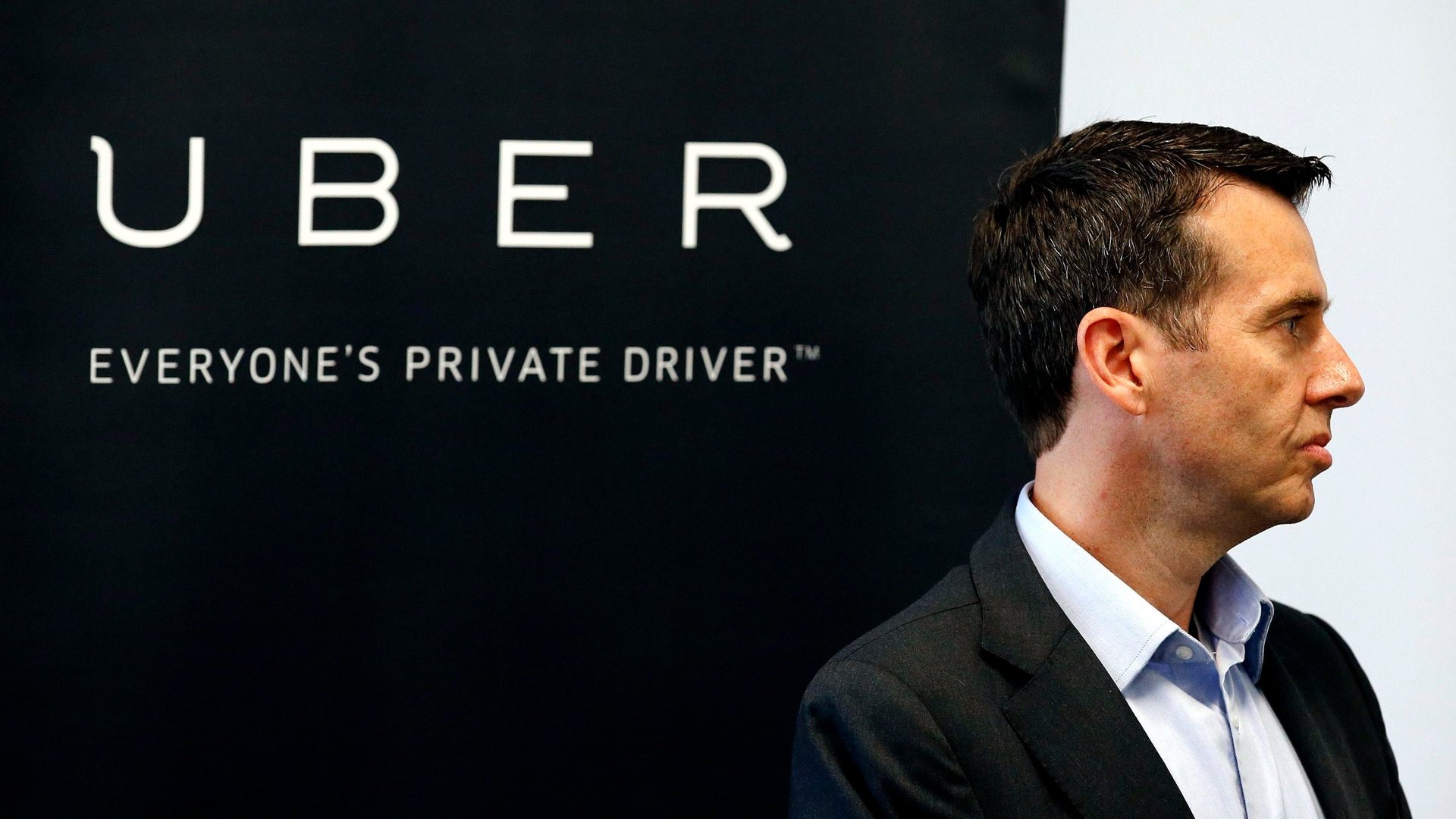These charts explain Uber’s controversial racial politics
After Uber cowed New York City Mayor Bill de Blasio—at least for now—the methods it used to effect this political turnaround have come under scrutiny.


After Uber cowed New York City Mayor Bill de Blasio—at least for now—the methods it used to effect this political turnaround have come under scrutiny.
In particular, the decision to make the case that Uber is a friend to the ethnic minority residents of outlying boroughs has galled some in De Blasio’s political base. Uber’s top politico, David Plouffe, and a squadron of lobbyists worked to promote the mobile car service as the solution to charges that taxi drivers discriminate against African American riders and the poor service that residents of low-income neighborhoods receive.
But two studies performed by BOTEC Analysis, a firm hired by Uber, help confirm anecdotal observations that Uber serves these low-income neighborhoods better than cabs. The design of the studies, as well as where and when they would take place, were not known by the company ahead of time.
The blind study used matched pairs of riders, with one flagging an UberX car and the other a taxi to go the same destination. In both Los Angeles and New York City, it showed dramatically better service by UberX:
On the cost side, the Los Angeles UberX fleet provided dramatically cheaper service, while in New York City, the researchers said the difference in price was too close to call:
This data suggest that Uber is right to say its service disproportionately benefits low-income neighborhoods, though more information from studies being performed by this firm and New York City itself will be vital to understanding the effect.
But that Uber is providing a better service to under-served customers won’t be enough to win the political enemies it earned with its take-no-prisoners style.
Like any company mixed up in a political system where labor and capital tend to line up on opposite sides, Uber also has critics who say its treatment of its contract drivers and general profit-seeking make it an anti-progressive force, even as it and other platform-based car service companies provided thousands of new jobs by dodging municipal caps on street-hail taxis.